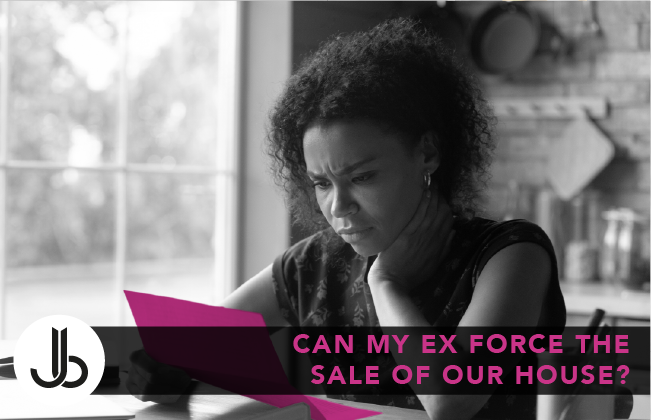

If you and your ex both own your home and share children together who are under 18, most courts will grant the parent with full-time custody of the children permission to reside in the family home.
They will assess the finances of the parties to ensure this is possible and the Property Order will often be in place until your children reach 18 or leave full-time education. The house may then be sold, and the money divided according to the Property order.
Does this just affect married couples?
No is the simple answer. If you are live together in a jointly owned home, you still hold the same rights as somebody who is married and your partner cannot force a sale. However, they can apply to the court for an order for sale of the property, at which time the court will consider a number of factors, such as whether the property is a family home to dependent children.
If there is insufficient equity in your home to enable both you and your ex (plus your children) to find a new home easily, it is unlikely the court will grant an immediate sale. The court will usually defer any sale until both parties become more financially stable or all children reach 18 years old. However, every case is dealt with based on its own unique facts.
What happens if we do not have any children?
There are still other factors in play to prevent a force of sale even if you do not have any children. If both names are on the deeds, you are both entitled to a share of the home, and neither can force the other party to sell against their will, without a court order. One of the key issues the Court will assess is whether one party is able to buy out the other’s share in the property, if one party has the finances to remain in the property on their own, or whether it is best to sell and split the money.
What if I solely own the house?
Even if you own the property and not your partner, this does not necessarily mean you can just sell it. If you are married, nothing can be decided until the divorce is finalised, because the house will form part of the negotiations.
Even if you are not married, there are no children and the house is in your sole name, the decision about property whilst more clear cut, can still be influenced by certain factors, so you should always seek legal advice before doing anything.
What happens before my divorce is finalised?
Both parties have the right to live in the home until a divorce is finalised, however, understandably this can create a difficult situation. It is important that legal advice is sought for anybody going through a divorce and finding themselves in this situation. If you feel your ex-partner is forcing a house sale against your will, you should obtain legal help and seek a Notice of Home Right against the property.
What are the potential outcomes when asking for a force of sale?
Outcomes from the courts can be one of the following:
- Refusal of sale
- Refusal of sale but an order is placed regulating the right to occupancy
- Sale is granted
- Sale is granted but suspended for a short period
- Partition the co-owned property (in exceptional circumstances)
How we can help
If you would like advise on a divorce matter get in touch with our team by emailing info@johnsonandboon.co.uk, calling 0151 637 2034 or by booking an appointment through our free mobile app, available to download on both Apple and Android app stores.
